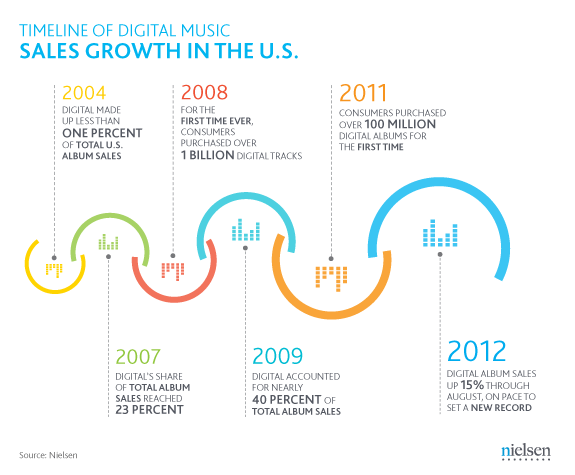
Digital music sales set to break record
This week one of my colleagues posted to group chat: "The CD player turns 30". To which I asked: "What's a CD?" And someone else took the question seriously: "Compact Disc". Duh, I know that. But does anyone younger than 10? It's a serious question given a prediction Nielsen makes.
The analyst firm expects record-breaking digital music tracks sales in 2012 -- that means in excess of last year's 1.3 billion. The number already exceeds 1 billion, and Nielsen forecasts digital album sales will grow 15 percent year over year. My, how times have changed.
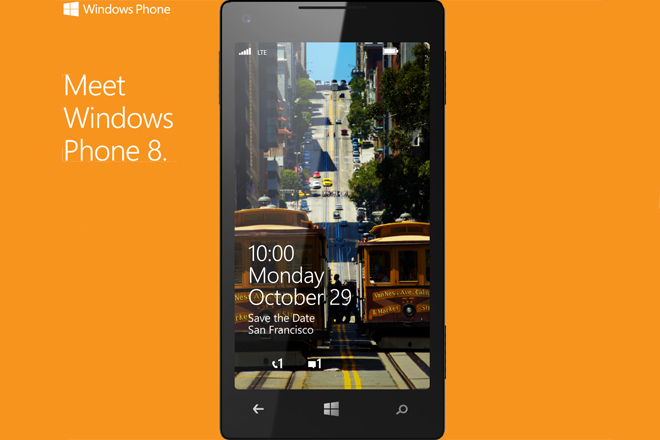
Save the date (or maybe not) -- Windows Phone 8 launches October 29
I must take a moment to share the love -- the exact same given me by the Windows Phone team offered in return. Nothing! Bwhahahaha. Microsoft sent out invitations to a Windows Phone 8 event -- hey, you know it's the launch -- for October 29. Not that I received one. (Yes, I checked spam messages.) Apologies to the good editors at Wired. I lifted the invite image from you. It reads "save the date" -- well, I guess not.
The phone OS event comes just three days after Microsoft launches Windows 8 and Surface tablets in New York City. I have three sisters, and their birthdays are October 26 and 29. Should I regard these product launches as presents or distractions, since Microsoft will have me too busy writing about the new stuff to celebrate with them? Well, girls, there's always Google+ Hangout or, maybe, just maybe, Skype. :)

Hiku replaces pen and paper without getting caught in the 'screen trap'
Halfway through its short appearance on Kickstarter, the little white device known as Hiku is just under halfway to its goal of $80,000. Led by former Palm product manager Rob Katcher, this deceptively simple device carves out a niche of its own by making an everyday task easier than even a smartphone could.
The world of consumer technology is dominated by Swiss Army Knives; moderately powerful computers that handle dozens of different tasks ranging from communications to productivity to the creative arts. But, as the age-old colonial American saying goes, the jack of all trades is the master of none.
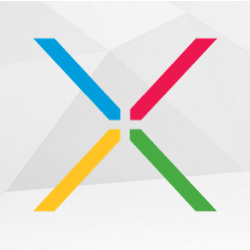
Could five new Nexus devices possibly debut November 5th?
For the second time in a week -- once being a rarity -- I write about new Android device rumors. There's renewed buzz about five Nexus branded devices coming within the month. Talk of five, instead of the typical one, started in May from Wall Street Journal. Soon after, writing for Talk Android, Robert Nazarian claimed that five new Nexus devices would come on November 5, which is the fifth anniversary of Android's release -- well, in beta. The OS wasn't officially available for public consumption until the T-Mobile G1 launched about 10 months later.
This rumor actually makes sense to me, not that I really believe it. Nazarian cited a single source and hasn't much pursued the topic since. But it's oh-so convenient the idea that five Nexus devices will debut as a fifth-anniversary thing. It's a tempting enough rumor. Do you believe it, or even hope it's true?
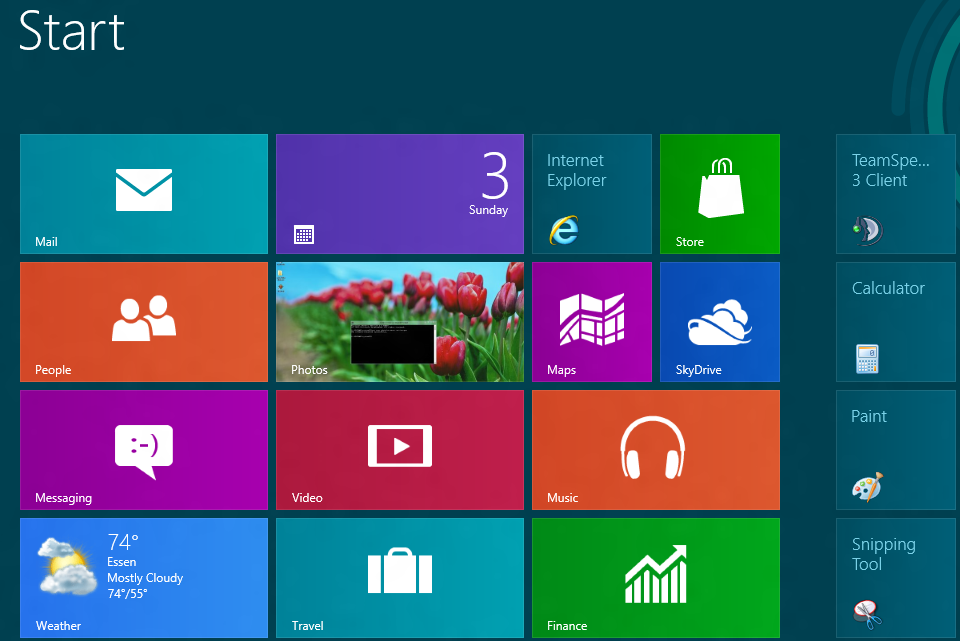
Acer Iconia W700 Windows 8 Pro tablet is surprisingly affordable
Three days after HP announced the business-oriented ElitePad 900, Acer's formally announced flagship Windows 8 Pro-based tablet -- the Iconia W700, sporting Intel's Ivy Bridge processors gets pricing details. It is right where Microsoft CEO Steve Balmer suggested for Microsoft Surface. Coincidence or not?
The new Acer Iconia W700 boasts an 11.6-inch 1080p IPS display with an 1920 by 1080 resolution powered by an integrated, Intel HD Graphics 4000 video card paired with a Core i3 or a more powerful Core i5 Ivy Bridge processor, with a yet undisclosed amount of RAM. For storage it uses a 64GB or 128GB SSD that reportedly boots up in as little as 6 seconds, with resume from standby happening in just 1.5 seconds. On the back there is a 5MP auto-focus camera capable of 1080p video recording and on the front what appears to be a less than 2MP camera; that is known to record 720p video. And there's more...

LibreOffice 3.6.2 stomps bugs dead
With more and more computer users counting the pennies, the move to lower cost and free software gains momentum. Microsoft Office may still be the world’s most popular office suite, but there is a growing user base that has turned to one of the free alternatives that have been gathering strength in recent years. LibreOffice is one such suite, and the latest version addresses a series of known bugs and helps to improve stability.
Although there are no major new features or options to be found in LibreOffice 3.6.2 – this crown was taken by the 3.6 release -- there have been improvements in a number of areas which increase the overall stability of the program and make it a piece of software that more businesses are likely to look to as a free office suite. 3.6.2 includes bug fixes for both the Windows and OS X versions of the suite.

Microsoft's $300M Barnes and Noble investment promises new Windows 8 Nook app
Book retailer Barnes and Noble announced on Thursday that its partnership with Microsoft in a new limited liability company called Nook Media LLC is complete and ready to go ahead of Windows 8's launch.
Barnes and Noble first announced it was considering a spin-off of its digital content business in January 2012. Three months later, the partnership with Microsoft was announced, and the software giant pledged $300 million to the venture, which would encompass Barnes and Noble's digital content business: e-books, e-textbooks, and e-periodicals.
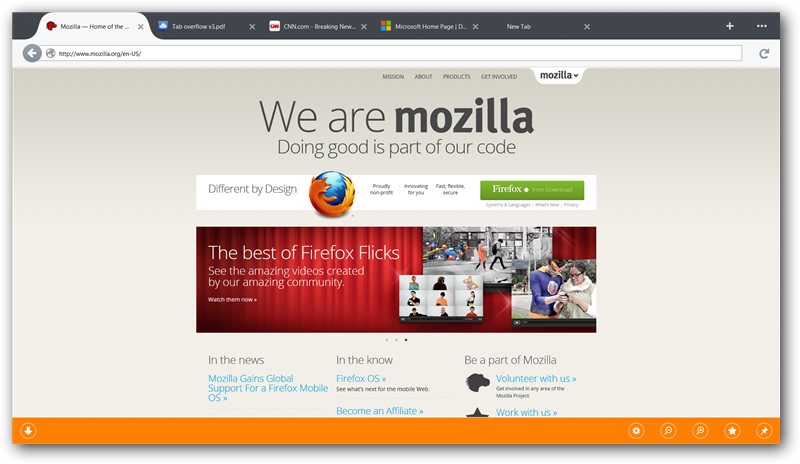
Firefox goes native Windows 8
Mozilla has unveiled its first public preview of how Firefox will look when run using Windows 8’s new tile-based interface. Firefox Metro UI Preview is based on an offshoot Nightly build of Firefox, codenamed “Elm”, and can be downloaded and tested now on PCs running Windows 8.
This early preview provides a fully functional web browser, complete with multi-touch support on compatible displays. However, as expected at such an early stage in its development, not all planned features have yet been implemented, while the Nightly tag indicates this is a largely untested build.
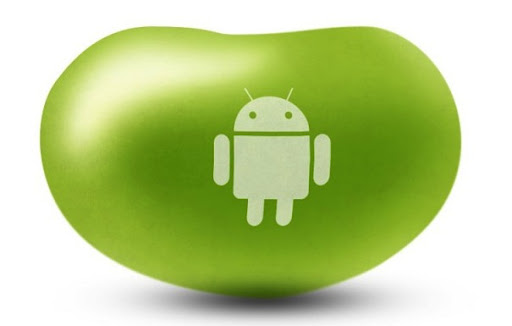
ASUS Transformer Prime and Infinity Pad receive Jelly Bean
Great news yet again! After Acer updated its flagship Android tablet, the Iconia Tab A700, ASUS released the Android 4.1 Jelly Bean update for the Transformer Prime and its flagship Transformer Pad Infinity Android tablets.
The update bumps up the Android version to 4.1.1, build number JRO03C and comes in at a rather hefty 455-465MB and a more modest 314-324MB for the Transformer Pad Inifinity and Transformer Pad, respectively, depending on the SKU (Stock Keeping Unit) that dictates which update must be downloaded.

Street View arrives in Google's mobile app -- iOS 6 users rejoice
Google has introduced Street View into its web app, bringing back one of the most sorely missed features lost when Apple swapped Google’s popular mapping app for its own much poorer solution in iOS 6. I’m sure you’re more than familiar with the whole sorry tale that led Apple CEO Tim Cook to issue an apology, and our own readers saying they wouldn’t be buying an iPhone 5 because of it, so I won’t dwell on the subject here.
If you followed my advice and added a shortcut to Google’s web app, you’re all set to start using Street View. Its rollout seems to be complete, so you should now have access to it, wherever you happen to live.

Uh-oh, that video won't play? Try Convertilla
Finding videos online is easy. Finding videos in a format you can play is sometimes more difficult, though, which is why you might need a tool like Convertilla to convert movies from one file type to another.
The program’s big advantage is its simplicity. There’s no talk of codecs or bit rates here; conversion can be as easy as dragging and dropping your file onto Convertilla, choosing the output format and clicking Convert.

Dropbox for Teams admins can help users enable security features
Following the introduction of two-step verification, the popular cloud storage service Dropbox has updated Dropbox for Teams to help team admins enable security features.
The service is updated starting today, and will allow admins to verify which team members have turned on two-step verification and to email those that have yet to enable the feature, all through the "Team" tab. The feature is implemented to aid admins instead of offering them the possibility to remotely enable an extra layer of security through two-step verification, and according to the blog post new features will be developed over time.

Facebook reaches 1 billion monthly active users
You know what’s cooler than 500 million Facebook users? One billion. That’s the number of people Facebook says are now using the social network every month. It reached that magical milestone on September 14 at 12:45 PM Pacific time, so it’s probably one billion and a bit, by now.
To celebrate, Mark Zuckerberg posted a little thank you and a fact sheet about the news, which contains some interesting key metrics, including that there have so far been 140.3 billion friend connections, and over 1.13 trillion likes since that feature launched in February 2009. There are 219 billion photos currently on the site, not including deleted ones, which Facebook says totals around 46 billion.

You can do better than the Windows 8 command line
Windows 8 brings fundamental change to many parts of the operating system, but the command line isn’t one of them. It’s just as annoying a place to work as it ever was.
If you’re tired of the console’s many deficiencies, then, we’d recommend you don’t waste any further time waiting for Microsoft to fix them. Just install the open source ConEmu, instead: it’s a powerful console emulator which comes packed with options to make your command line life easier.

TomTom for Android available, but not for any smartphone
Do you find the standard Android maps app to be lacking? There is a solution -- the popular navigation software TomTom is now available for Android smartphones.
Unlike cloud-connected software solutions, TomTom relies on offline maps to offer guided navigation on Android smartphones and considering the 2.3GB free storage requirement the download is consistent to say the least. The app comes with a number of useful features, such as live traffic information via HD Traffic, lane guidance, spoken street names, eco routes to save that extra bit of gas or electricity, automatic day and night modes, as well as other features. There are maps for United States, Europe, United Kingom as well as other geographical locations.



